As the Hong Kong police removed the last scrap of tarp from the site of the 75-day massive sit-in protest at Admiralty, protesters vowed, “we’ll be back!”
More than 200 protesters were arrested on December 11, 2014, after the refused to move from the last of the site. Among the arrested were students, pro-democracy law makers, university professors and pop stars.
Since September 28, protesters have been camping out in Hong Kong’s financial district Admiralty, demanding that Beijing withdraw the framework it has imposed on the election of Hong Kong’s top leader the Chief Executive.
Beijing had promised Hong Kong, a special administrative region of China, a direct vote for the first time in the 2017. But then suddenly introduced this framework, which defeats the purpose, because it requires potential candidates to get majority support from a nominating committee stacked with pro-Beijing (and pro-Chinese Communist Party) members.
At Occupy Central, protesters faced violent attacks from thugs and aggressive police fearlessly, and they started to see that they had to leave the streets and develop other battlefields to push for genuine democratic reform in Hong Kong.
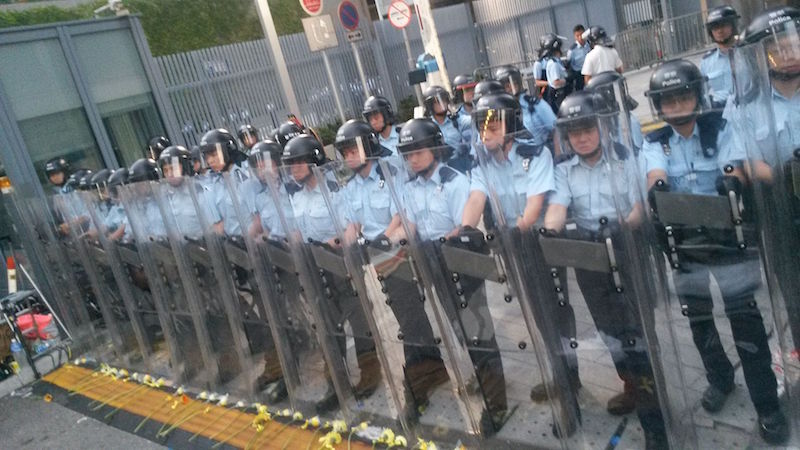
So where’s the new battlefield? In these five new strategies:
1. Symbolic resistance
The most spontaneous reaction to the police clearance has been the Shopping Revolution, a move to peacefully reclaim the protest site and to tell the ruling elites that the political problem is yet to be resolved by window shopping at Mong Kok district.
Similar symbolic resistances can be seen in the yellow banners demanding democracy hanging in school campuses, yellow ribbons worn by pro-democracy citizens’ as part of their daily accessories and yellow umbrellas stretching open at all sort of occasions where government officials are invited.
2. Civic-disobedience
Pro-democracy citizens are using Facebook to coordinate a long term civic disobedience movement. At least two Facebook pages are devoted to tax disobedience. “10 dollar less tax” urges tax payers to pay 10 dollar less tax money as a gesture of their discontent and “Break down tax bill into 689” urges tax payers to break their tax bill into multiple checks of HKD 6.89 or HKD 68.9 or HKD 689 to increase the workload of tax department. The number 689 represents the current chief executive, Leung Chun Ying, who only managed to obtain 689 votes out of the 1200-member election committee.
3. Grassroots elections
The street occupation created traffic jams and affected ordinary people’s daily life, which the pro-Beijing groups used, through their signature campaigns, to successfully generated public resentment towards pro-democracy protesters. Since mi- October, a number of civic groups and student activist groups have started disseminating pamphlets to grassroots communities to win back their supports.
In addition, some netizens have started planning to run for 2015 grassroots election in districts where the pro-establishment candidates have no competitors.
4. Monitoring police violence
There have been many reports about the police’s use of excessive forces against protesters. In addition to the preexisting human rights organizations, a number of new civic organizations and citizen initiated projects have been launched to monitor police violence and abusive behavior.
Hong Kong Shield, an organization of university professors and artists, including pop stars, was established in October to monitor police use of force and call for an independent inspection body to investigate reports against police. It was stationed at the Admiralty protest site and had issued several strong statements condemning police violence in the past two months.
A number of organizations, including the Professional Commons, inmediahk.net, Cultural Sector Action Group for Violence Monitoring, Civil Human Rights Front and Civic Rights Observe launched a joint project “Police Violence Victim Data Collection” to prepare a “Database of Victims of Police Violence” (DVPV) and a “State Violence Database” (SVD). As the groups point out, “such objective evidence is of utmost importance to stop police abuse and to prevent Hong Kong from sliding into an autocratic society.”
5. By-elections
As the Hong Kong government continues its second round of consultation on election reform under the Beijing framework, the political debate will carry on in the Legislative Council. Student activist groups are lobbying for pro-democracy lawmakers to collectively resign and make use of the by-election as a referendum mechanism for the public to vote on the political reform package.
Until the promise of genuine democracy is fulfilled, pro-democracy advocates say they won’t back down.
Read more: globalvoicesonline.org
Written by Oiwan Lam
Global Voices

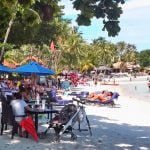

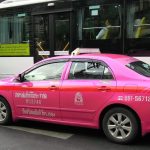

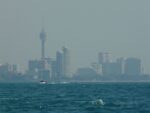
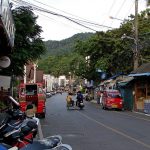
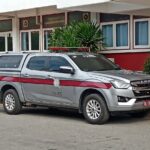
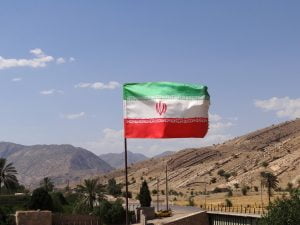
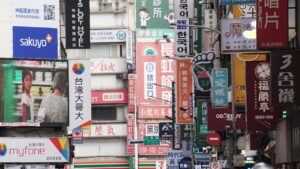

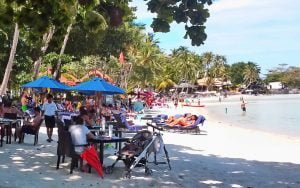
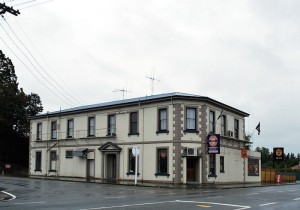
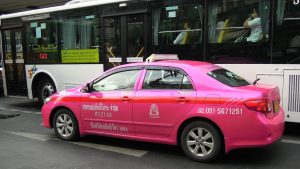
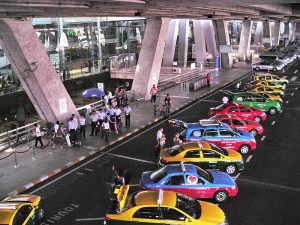

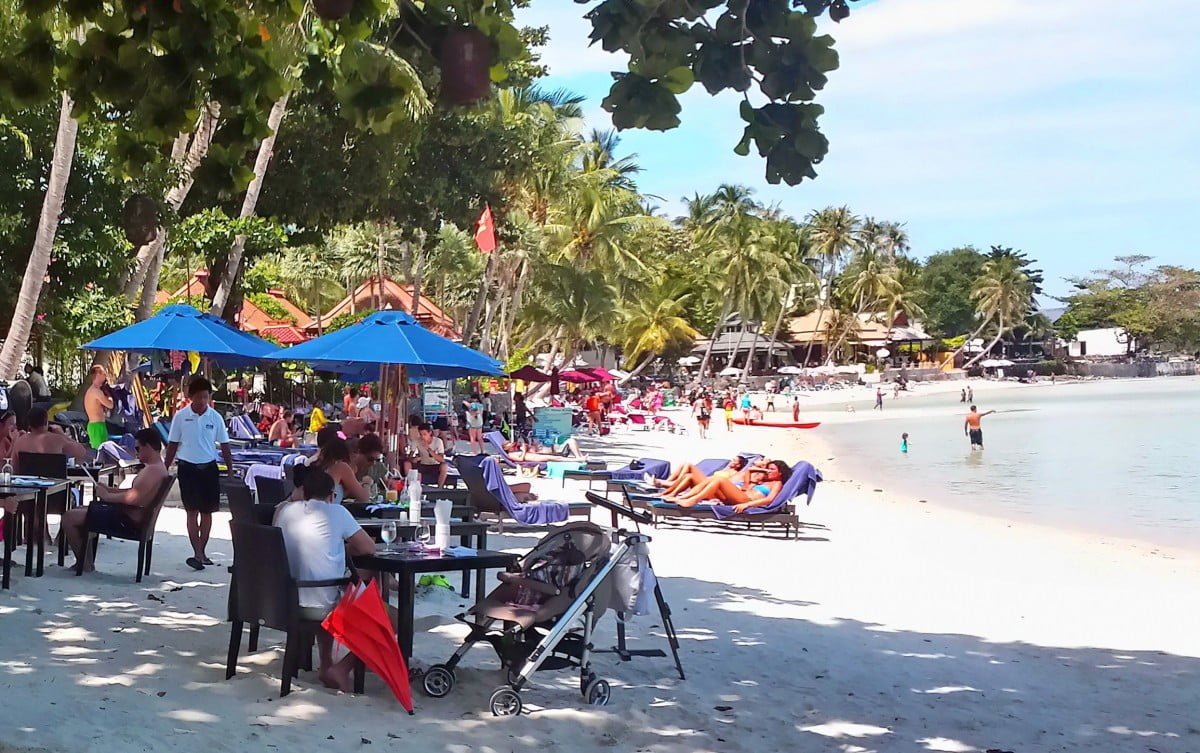
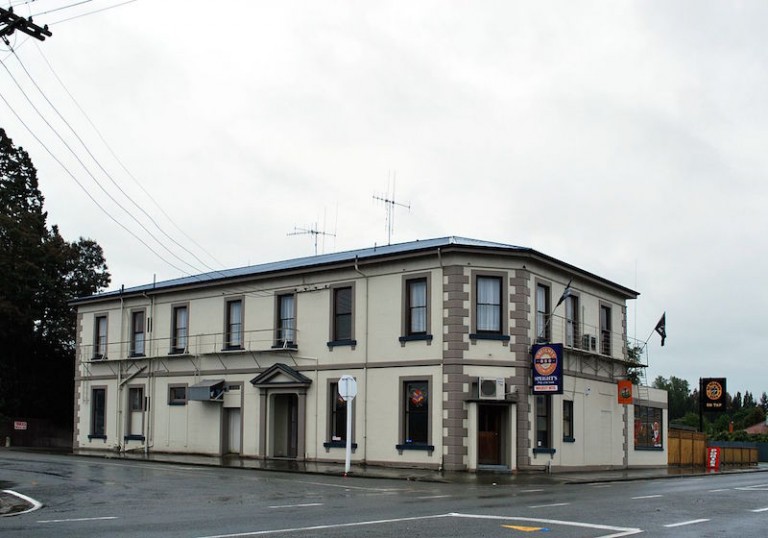


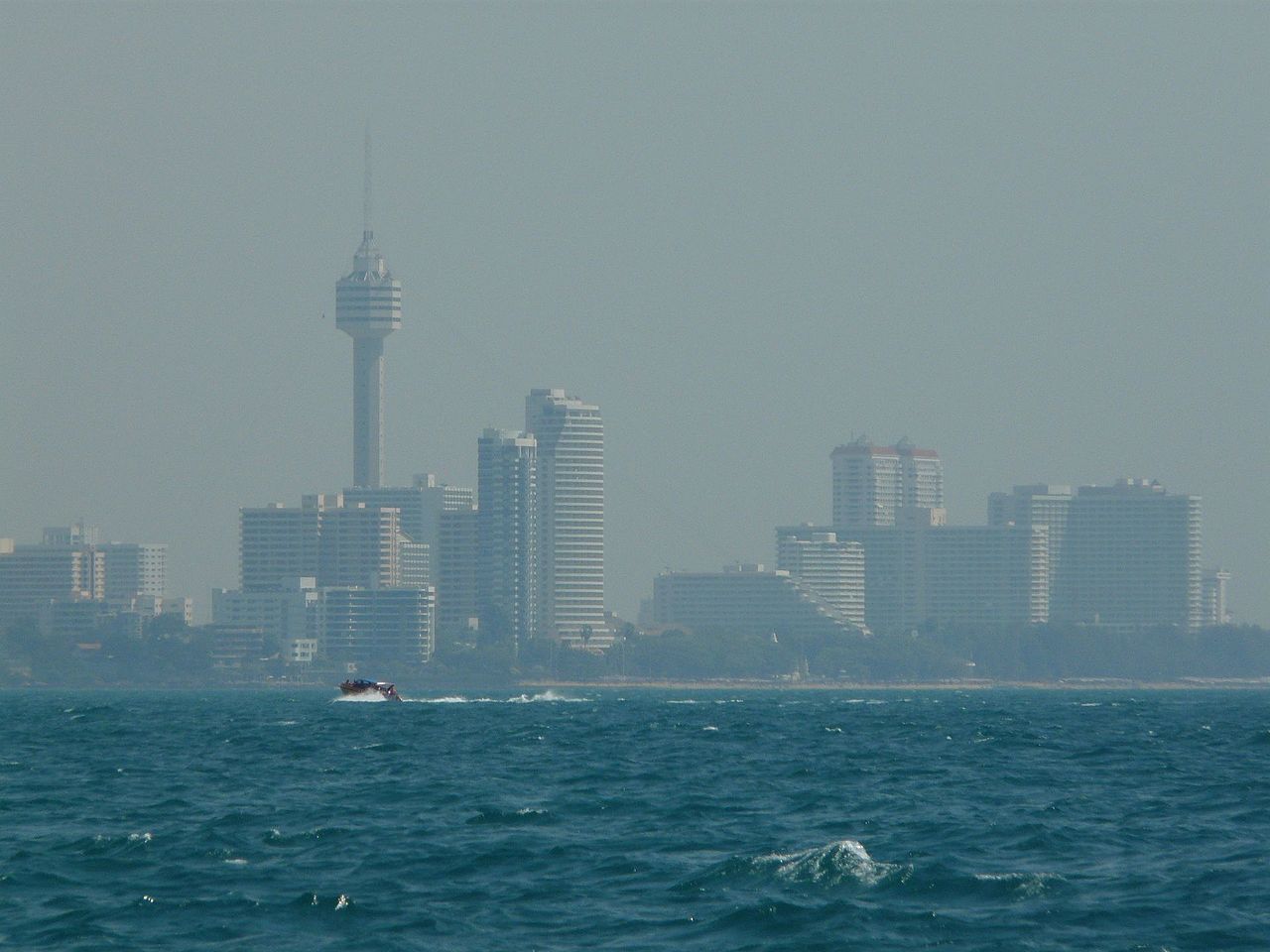

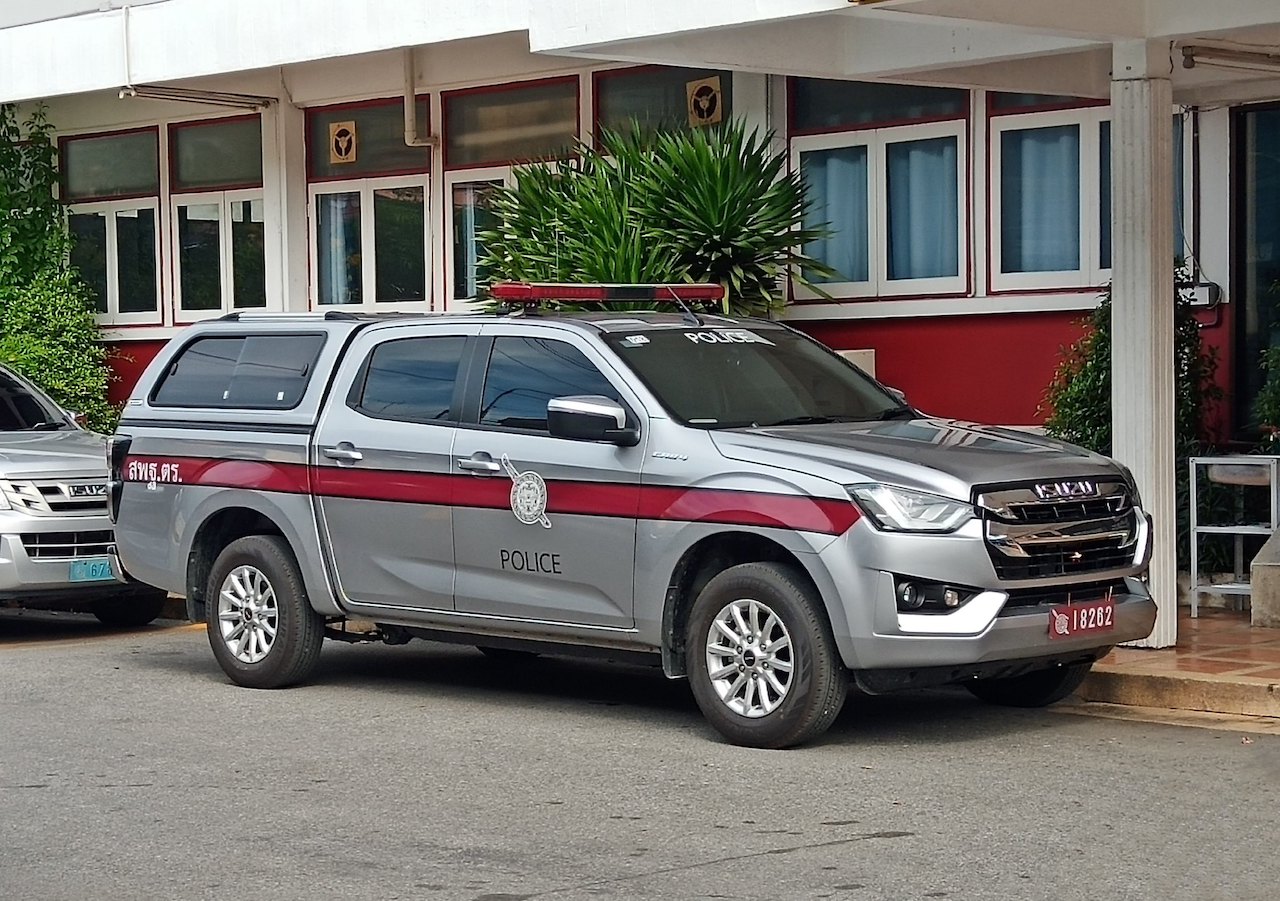
+ There are no comments
Add yours